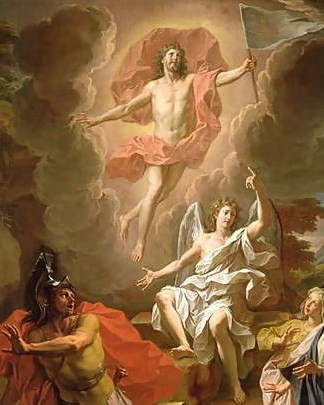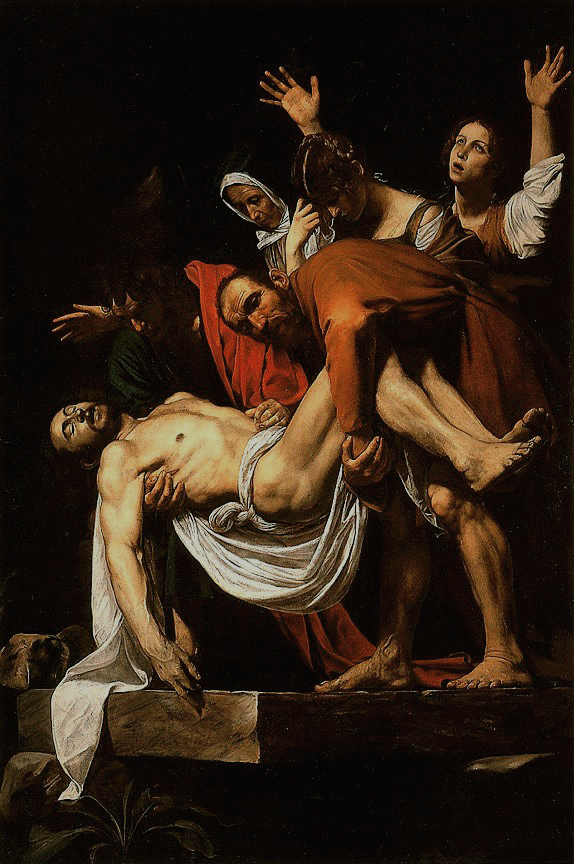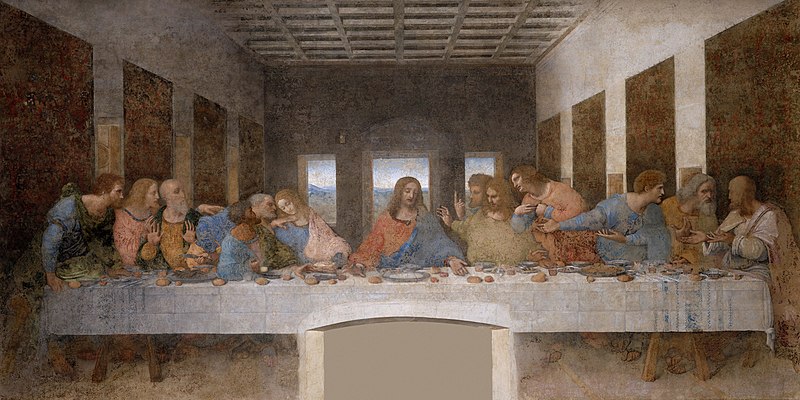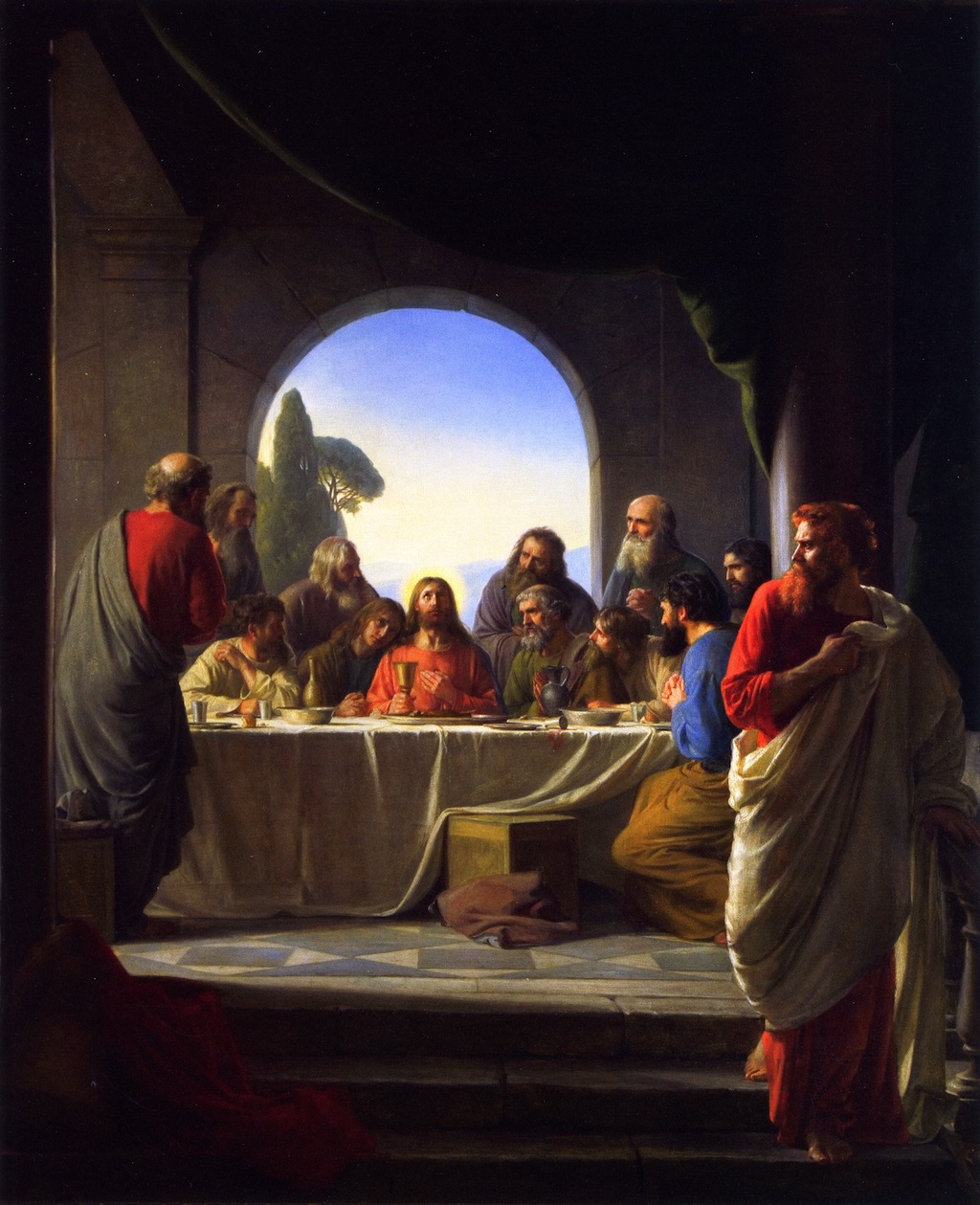The General Resurrection
Christianity unlike other religions, believes in the Resurrection of the Body.
But why and what will happen at the General Resurrection?
- Since the soul and the body were united from the moment of their existence, their perpetual separation at death would seem unnatural.
- As the body is the partner of the soul’s crimes, and the companion of her virtues, the justice of God seems to demand that the body share in the soul’s punishment and its reward.
3. Characteristics of the Risen Body:
All the dead shall rise ENTIRELY in their OWN, IMMORTAL bodies;
The GOOD shall rise to the resurrection of life, while the WICKED to the Resurrection of Judgment. It would destroy the very idea of resurrection, if the dead were to rise in bodies that were not their own.
At the creation all things came to be from the hand of God,
so at the resurrection all things must be perfectly restored by the hand of God.
This restoration is the result of the glorious triumph of Christ over death through His Cross and Resurrection.
All of the Dead, the Just and the Unjust will experience Immortality and Incorruption.
Those destined for Heaven shall be distinguished by four qualities.
- Impassibility : They will no longer experience pain and inconvenience. (I Cor., 15:42). While the Just will experience the quality of impassibility, the bodies of the Damned while they will be incorruptible will not be impassible. They shall be subject to heat and cold, and all manner of pain.
- Glory : The bodies of the saints shall shine like the sun and rise in glory” (I Cor., xv, 43; cf. Matt., xiii, 43; xvii, 2; Phil., iii, 21). Each shall be endowed with different degrees of glory. According to St. Paul: “One is the glory of the sun, another the glory of the moon, another the glory of the stars. For stars differ from star in glory” (I Cor., xv, 41-42).
- Agility : The body shall be freed from its slowness of motion, and endowed with the capability of moving with the utmost ease and quickness wherever the soul pleases. (I Cor., xv, 43).
- Subtility : The body will become subject to the absolute dominion and direction of the soul.
_-_WGA00542.jpg)


.jpg)







.jpg)

